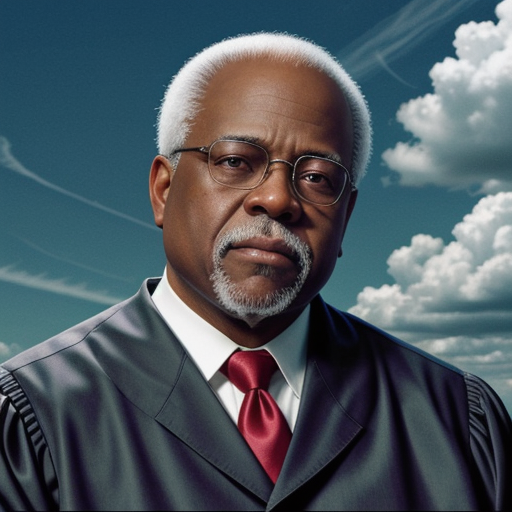
: Lack of Transparency and Tax Concerns
The ethical controversies surrounding Supreme Court Justice Clarence Thomas continue to escalate, with the latest revelations focusing on a $267,000 loan he received to purchase a luxury recreational vehicle (RV) in 1999. Despite facing mounting pressure, Thomas has declined to provide clarity on the status of the loan and whether he repaid the principal amount.
- Loan Details in Question:
- Loan amount: $267,230
- Lender: Anthony Welters, a wealthy healthcare executive
- Year of purchase: 1999
- Thomas's Lack of Disclosure:
- Has not disclosed whether he repaid the loan's principal
- Did not report potential forgiveness of the loan on his 2008 Financial Disclosure Report
- Senators Raise Concerns:
- Senators Ron Wyden and Sheldon Whitehouse demand additional information
- Question whether Thomas's actions violate federal tax laws
Alleged Forgiveness of Loan Principal: Tax Implications and Judicial Ethics
If the loan's principal was forgiven by the lender, it could constitute significant taxable income. However, Thomas has not acknowledged or reported such income on his tax filings. This omission raises concerns about his compliance with federal tax laws.
| Ethical Considerations for Judges | Potential Consequences |
|---|---|
| Fiduciary duty to avoid bias | Erosion of public trust in the judiciary |
| Transparency and accountability | Questioning of Thomas's ethical judgment |
| Compliance with financial disclosure rules | Potential penalties or sanctions |
The absence of clarity on the loan status also undermines the principles of transparency and accountability that should guide judicial conduct. By withholding information, Thomas creates doubt about his motives and the integrity of the Court.
Public Scrutiny and Responsibility to Uphold the Law
The ongoing scrutiny of Thomas's ethical lapses has drawn attention to the need for higher standards of conduct for Supreme Court justices. Senators Wyden and Whitehouse emphasize that no one, including judges, is exempt from the law.
- Public Trust and Confidence:
- Lack of transparency erodes trust in the judiciary
- Thomas's actions contribute to negative perceptions of the Court
- Upholding the Law:
- All citizens, including justices, have a duty to comply with the law
- Thomas's conduct raises concerns about his willingness to abide by ethical norms
- Responsibility to Lead by Example:
- Judges should exemplify ethical conduct
- Thomas's actions undermine his credibility as a model for upholding the rule of law
As the ethics cloud surrounding Thomas intensifies, it remains crucial for him to provide full disclosure and address the concerns raised. Only by embracing transparency and accountability can he restore public trust in the judiciary and preserve the integrity of the Supreme Court.

.png)
0 Comments